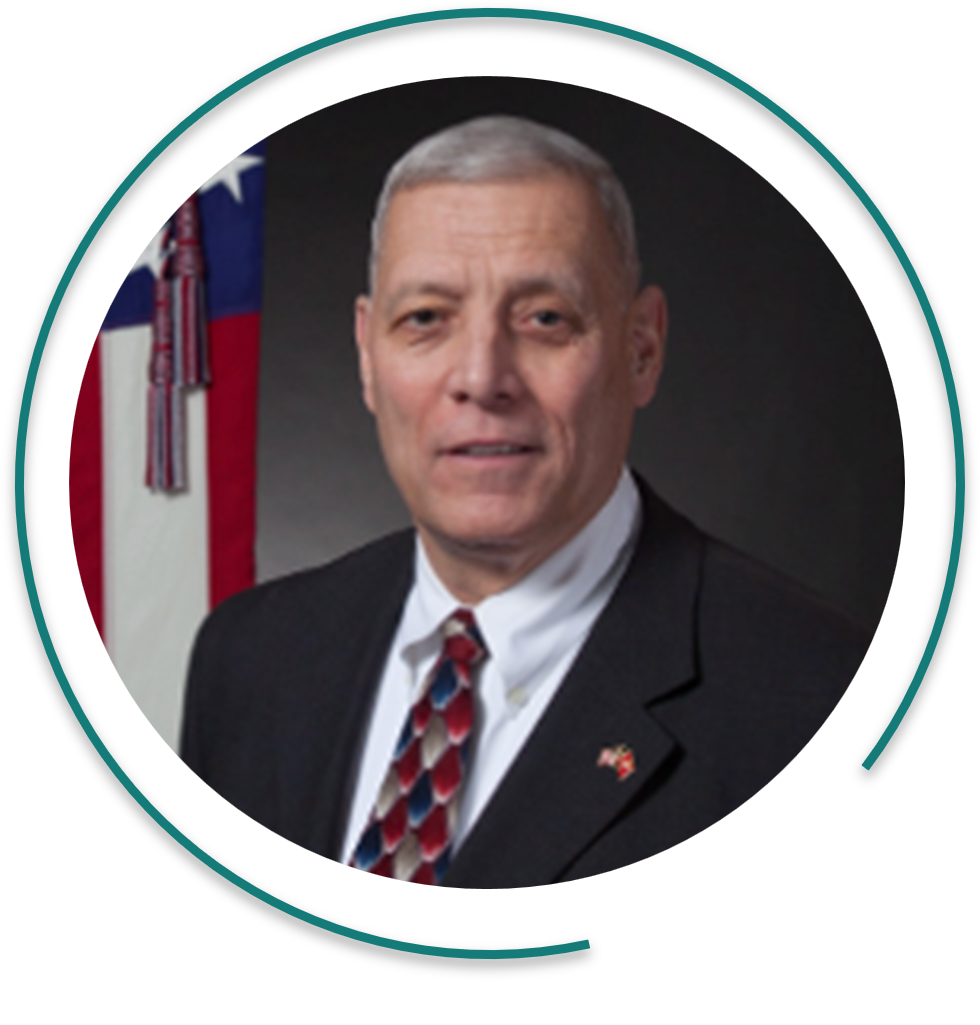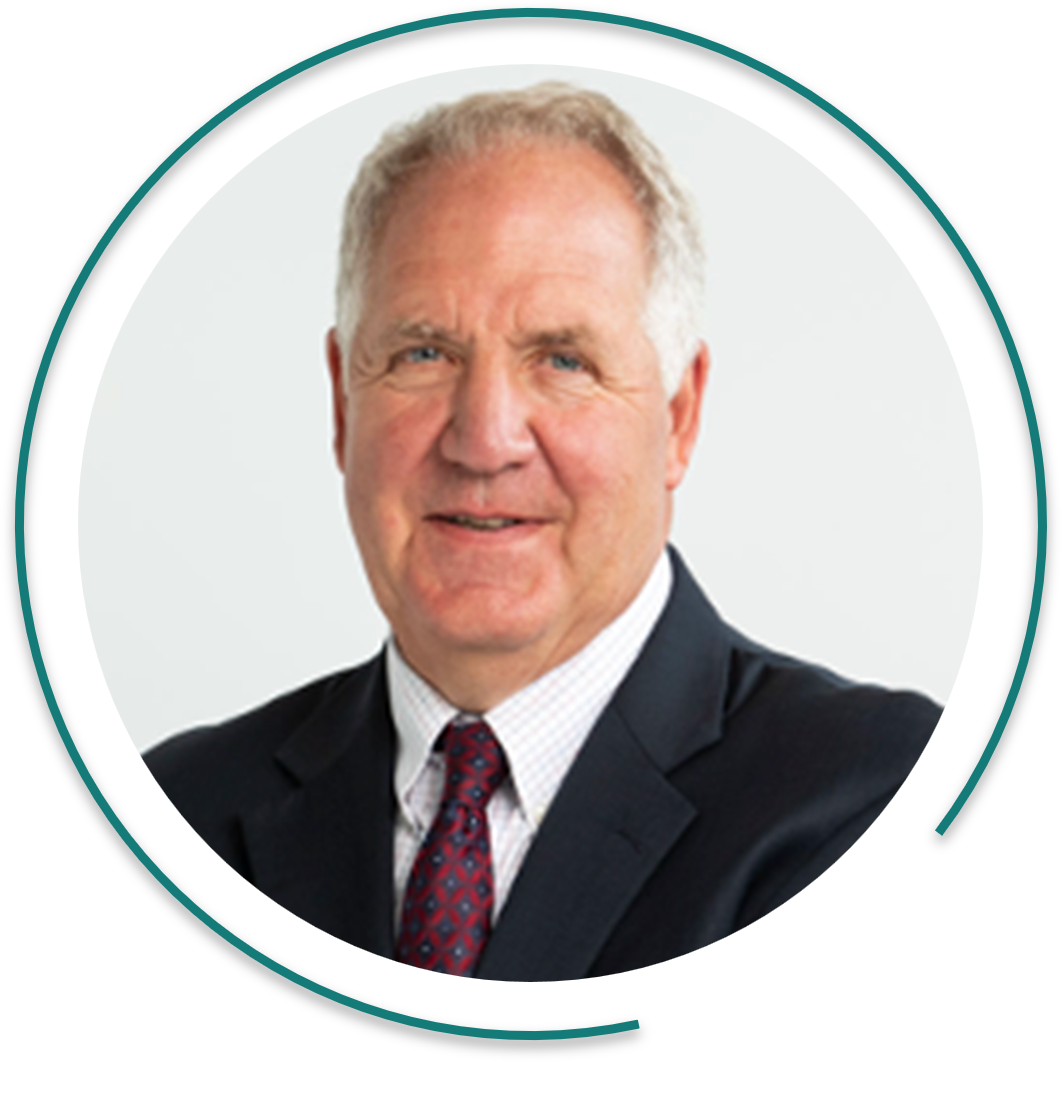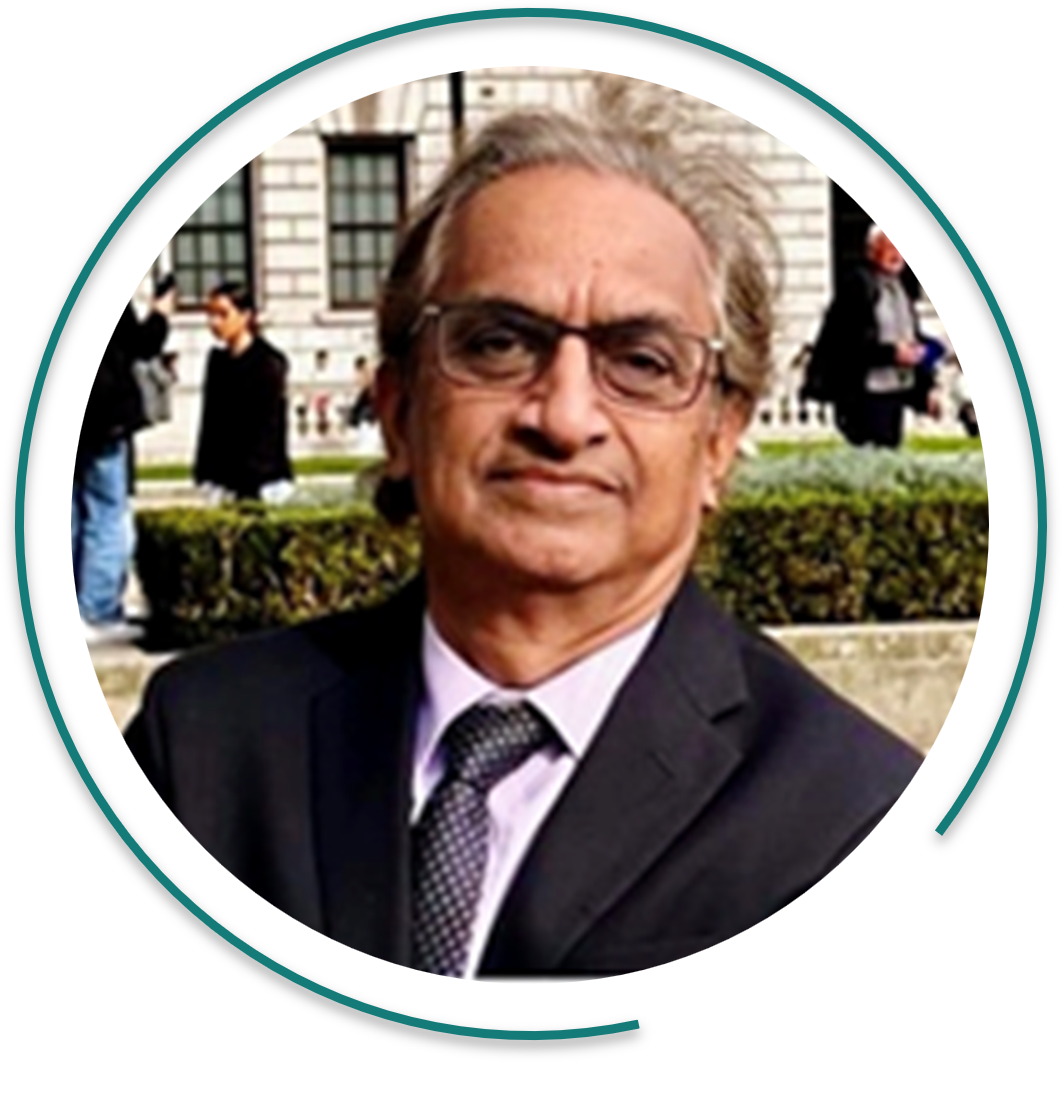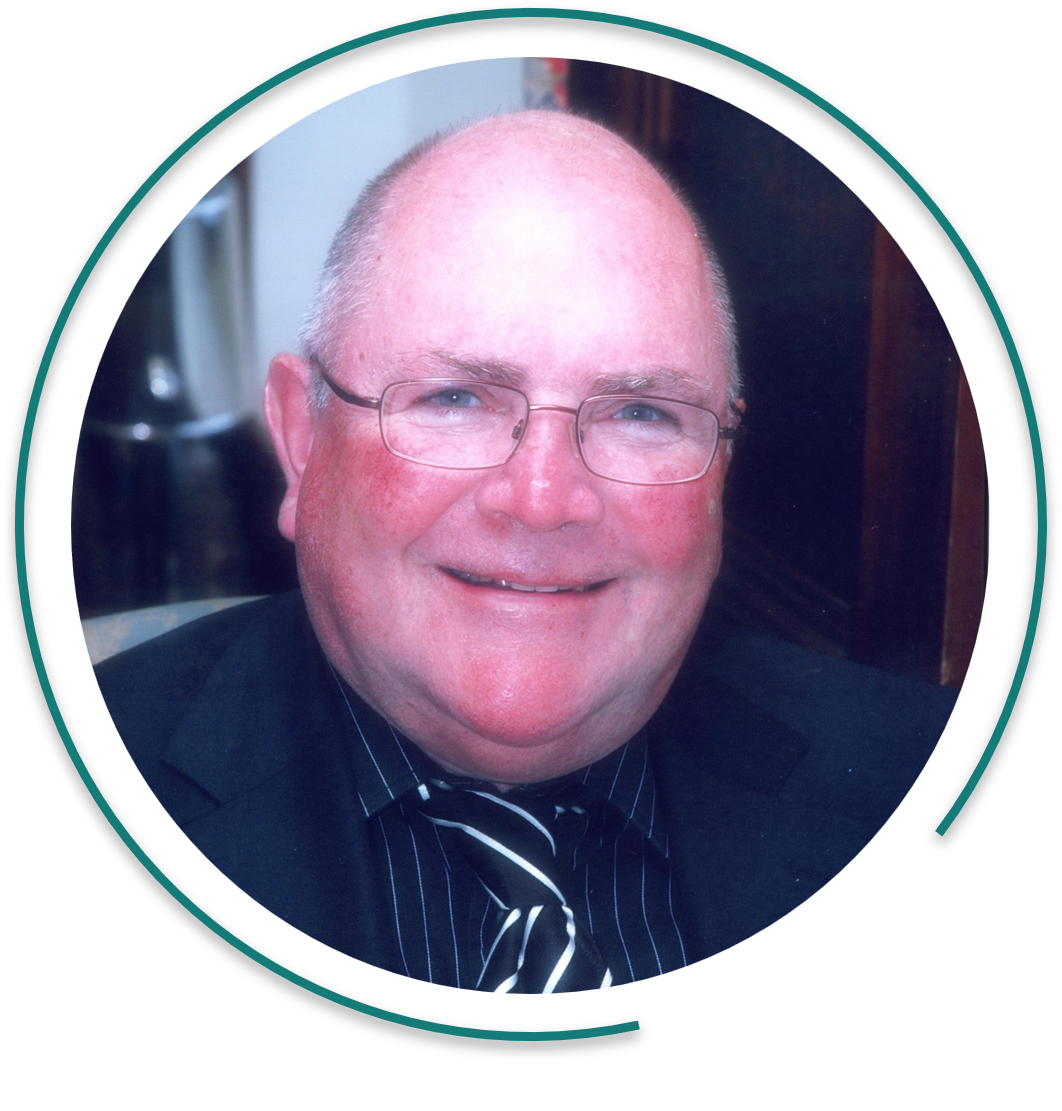
John M. Paxton Jr. – Executive Chair of Military and Defense
General Paxton distinguished 40-year career in the United States Marine Corps, culminated in his role as the 33rd Assistant Commandant of the Marine Corps, a position he held from 2012 until his retirement in 2016. Throughout his career, General Paxton earned numerous awards and decorations, including the Defense Distinguished Service Medal, Defense Superior Service Medal, and the Legion of Merit.
General Paxton graduated from Cornell University and was commissioned as a Marine officer in 1974. His service included a wide range of command and staff assignments, at every level, from platoon to division, including serving as the Commanding General of the 1st Marine Division and Commander of Marine Corps Forces of the Pacific. He was also deeply involved in joint and multinational operations, holding significant positions such as the Director of Operations (J-3) for the Joint Staff, where he was responsible for overseeing global operations and crisis response.

John M. Shimkus – Chair of Energy Policy
Mr. Shimkus, a graduate of the United States Military Academy at West Point, began his career as an Army officer before transitioning to public service. Over his 24 years in Congress, he became a key figure in energy policy, particularly as a senior member of the House Energy and Commerce Committee, where he served as Chairman and later as Republican Leader of its Environment and Climate Change Subcommittee. Additionally, he represented the United States in the NATO Parliamentary Assembly from 2001 to 2014 and was reappointed to the role by Speaker Paul Ryan in 2017.
Throughout his congressional career, Mr. Shimkus played a significant role in shaping U.S. energy policy, strongly advocating for nuclear energy and backing efforts to enhance the nation’s infrastructure and environmental regulations. Following his retirement from Congress, he joined KBS Group as a senior advisor, providing expertise in policy and government relations. His numerous achievements have earned him global recognition, including the 2005 Truman-Reagan Medal of Freedom, the Grand Cross of the Order of the Lithuanian Grand Duke Gediminas, and the Order of the Three Stars from Latvia.

Junaid Razvi Ph.D. – Senior Advisor in Nuclear Energy
During his tenure at General Atomics (GA), Dr. Razvi played a pivotal role in advanced nuclear fission programs. He spearheaded initiatives to develop intellectual property and establish domestic production of critical medical radioisotopes, earning recognition from the U.S. Congress and the Department of Energy. Additionally, Dr. Razvi directed GA’s global activities for its TRIGA® reactor facilities, overseeing installations in 23 nations, and managed GA’s nuclear facilities, including research reactor operations and nuclear fuel manufacturing.
Dr. Razvi holds a Ph.D. in Nuclear Engineering from Kansas State University, a Master’s in Nuclear Engineering from the University of Washington, and a bachelor’s degree in liberal arts with a focus on Physics and Mathematics from Wabash College, Indiana.
Dr. Razvi also managed a U.S.-Russia collaboration to develop advanced modular GEN-IV gas-cooled reactor technology, ensuring compliance with bilateral treaties for plutonium disposal from dismantled nuclear weapons. Furthermore, Dr. Razvi contributed to developing solutions for the safe transport of used nuclear fuel.

Dennis Garratt, Ph.D. – Chairman of the Executive Advisory Board for Laser Enrichment (CRISLA 2G Canada)
Dennis G. Garratt is a senior executive with an extensive background, unique in its combination of academic, government and business/industrial environments with 50 plus years of diverse technical and management experience in scientific research and experimental development. He obtained a Ph.D. in Physical Organic Chemistry (1975) from the University of Toronto, Canada, after which he joined the research group of Nobel Laureate, Dr. R. B. Woodward at Harvard University.
In 1976 he was hired as a professor of Chemistry in the Faculty of Science and Engineering at the University of Ottawa. In 1981 he was recruited by the R&D Division of Eldorado Nuclear Ltd. and in January 1989 recruited by Cameco as the Director of a new R&D group to suit Cameco’s goals for scientific research and experimental development. Dr. Garratt left Cameco in 1996 and started independent theoretical work on reaction hyper-surfaces, until he retired in 2009. He (co)authored at least 14 patents, and published over 60 peer reviewed papers, and many technical papers and reports, mostly in classified space. He also coauthored one reference book, He is a citizen of Canada and is married with one child and two grandchildren.

Tom Blees – Head of Corporate Initiatives
Tom Blees is the President of the Science Council for Global Initiatives (SCGI), an international NGO that includes climatologists, scientists, and engineers involved in cutting-edge energy systems and climate research. In his professional history, Mr. Blees has acted as a consultant and energy systems advisor to private industry and governments from the local to the international level.
Mr. Blees is also on the board of The World Energy Forum, a UN- & World Bank-affiliated organization and a member of the selection committee for the Global Energy Prize, considered Russia’s equivalent of the Nobel Prize for energy research.
Author of the book “Prescription for the Planet – The Painless Remedy for Our Energy & Environmental Crisis”, he is actively involved in encouraging and coordinating high level international cooperation on advanced nuclear power system and fuel cycle projects with the USA, Russia, South Korea, Japan, China, the United Kingdom, South Africa, and other countries.

